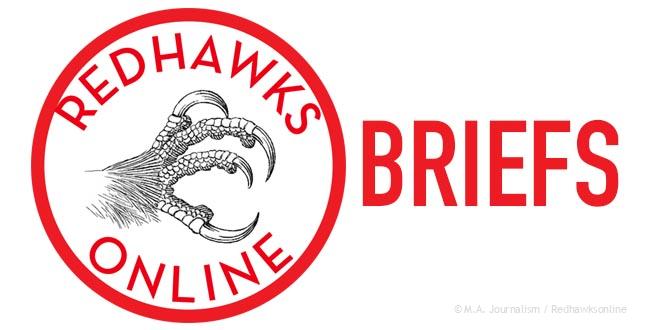Space Station class explores algae growth in microgravity
The International Space Station (ISS) class, taught by Joy Reist and Tim Swanson, is currently growing spirulina algae in the science classroom. The algae is being tested on growth in microgravity.
“The International Space Station has high levels of carbon dioxide, and the algae that we are making takes carbon dioxide and converts it to oxygen, which helps the astronauts as well,” Reist said.
This experiment, like others, takes part in the ISS class, an advanced science course for juniors and seniors. Reist has been teaching ISS for four years and counting, while Swanson has been teaching for five.
“ISS is a class where we create an experiment that is self-run and self-coded, so everything just gets plugged in, and we get to test something for 30 days in microgravity on the International Space Station,” Reist said.
Last year’s class consisted of two different experiments. A calcium carbonate crystallization experiment combined dolomite rock and vinegar to form a small, white crystal. They tested this experiment with gravity and without gravity. In the second experiment, an apoxie formation combined two different chemicals that mixed in gravity and without gravity.
The classroom layout of ISS is very different from most.
“It’s a team of 13, and then they are divided into different, smaller teams,” said Swanson.
The groups consist of a mechanical team, a design team, a science team, and an electricity and software team. The mechanical team is in charge of the design and interior, The design team creates original parts for the projects, the science team comes up with the experiment itself, and the electricity and software team writes the coding and sets up the circuit to run the experiment.

